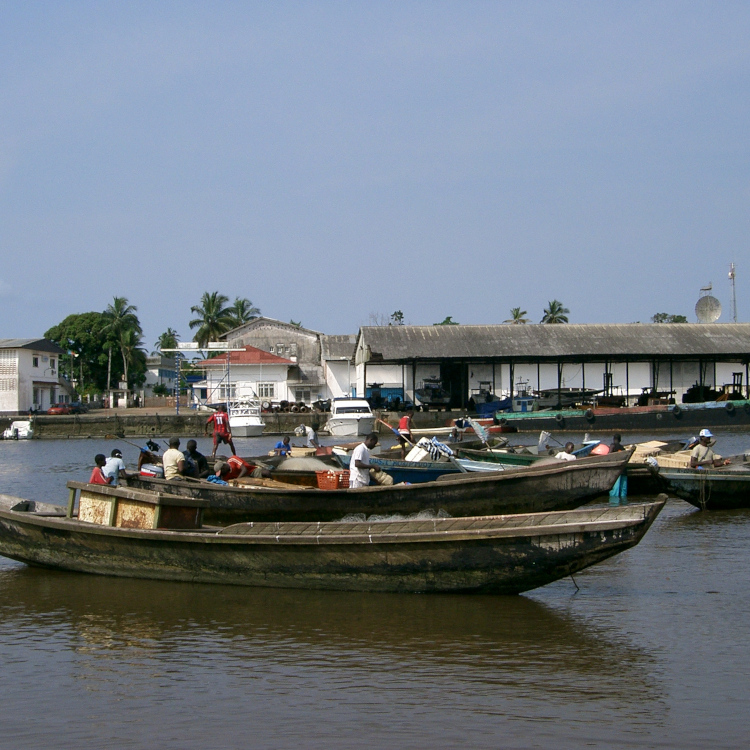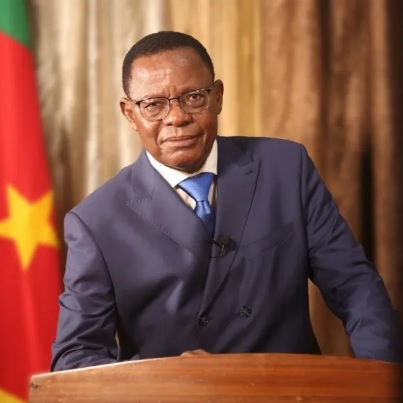

-
© Contribution Of : Léon Tuam,Author And Human Rights Activist
- 02 May 2016 12:02:32
- |
- 5628
- |
ÉGYPTE :: Egypt, the return of authoritarian rule
After Mubarak’s rule, a ray of hope crossed Egypt sky and vanished just after a year, as Mohamed Morsi was removed from power by a military coup; then came Fatah Al-Sisi amid more violence, massive arrests, bloodshed, human rights violations and imprisonments which continue to day. Yes, since Al-Sisi is in power, the situation is getting worse and Egyptian people are looking for a messiah still.
For the year he spent in office, Morsi wasn’t the type of leader Egyptian people needed, indeed; his rule was tarnished with discriminations, the absence of dialogue, human rights violations and a perilous foreign policy. Nowadays, the current president, Al-Sisi, is following the same track. He does not want to be contradicted or criticized, and he believes things must always go his way.
He does not tolerate anti-government protests at all and is turning Egypt into a police state. For instance in Egypt, a new anti-protest law gives the current government the power to ban all gatherings of more than 10 persons. Opponents and journalists that in a peaceful way disapprove the way their country is being ruled, are brutalized, massively arrested and jailed.
Egyptian people are pouring into the streets because despise all the promises from the current government to tackle the monster of unemployment, the economic crisis keeps pounding the populations harshly, while injustices known under Mubarak’s and Morsi’s regimes are tracing deeps furrow amid them daily.
Egyptians also are very unsatisfied with Al-Sisi foreign policy and now regard him as a conspirator. His recent decision to cede the control of the two Red Sea islands (Sanafir and Tiran) to Saudi Arabia without consulting with Egyptian people had brought massive protesters to the streets anew, followed by rough military and police interventions as usual.
Saudi Arabia had never been interested in these islands, and since 1950 they’d been under Egypt army control. The very and unique question one must ask is, why did Al-Sisi decide to cede control of the two islands to Saudi Arabia now? Why now? Let us not be surprise that Saudi’s authorities simply cede their control to another country or sell them. And for what reason? Analysts should take over from here and dig deeply into it.
I am not surprised at all by what the current regime is doing to the Egyptians who challenge its policy on many issues. Egyptian people understand now that they made a very bad choice. A bad choice I signaled three years ago in an article published on January 10th 2013 “Egyptian General Abdul Fatah Al-Sisi and his group must be arrested and put on trial” where I stated:
“General Abdul F. Al-Sisi is Egyptian, indeed. But he does not look like someone who’s working for Egyptians. Time will come; they’ll discover that he’s a citizen of Egypt but on the papers. They’d discover that Al-Sisi was working for the others. Egypt won’t be in peace with this guy and his close friends around. […] even those who massively demonstrated against President Morsi and built the bridge to the military coup will discover their mistake; they’ll regret and feel guilty. Also, they’ll know that Democracy is but an empty risky bag that each country can fill its way, according to its environment and components.”
In fact, the current Egyptian president, Al-Sisi, is busily digging his own tomb. He is not the one Egyptian people were looking for, and thus must soon go. We know how Mubarak left, we know how Morsi left and where he’s. But I wonder if Al-Sisi would ever be enough lucky to be where Morsi is. Time will tell.
Lire aussi dans la rubrique POINT DE VUE
Les + récents
Le Cameroun se rapproche de la Colombie pour la résolution de ses conflits : Boko -Haram, crise NOSO
Scandale matches truqués : Samuel Eto'o Fils à Rabat pour réunion CAF
Ancienne gloire : Voici le presque onze entrant de Marc Brys !
Ferdinand Ngoh Ngoh bloque enquête sur malversations financières au Port Autonome de Douala
Décès tragique du sous-préfet de Mora : Eloundou Amougou Ferdinand Arnaud retrouvé mort
POINT DE VUE :: les + lus

Egypt, the return of authoritarian rule
- 02 May 2016
- /
- 5628
LE DéBAT




Afrique : Quel droit à l'image pour les défunts au Cameroun ?
- 17 December 2017
- /
- 162219

Vidéo de la semaine
évènement



















































